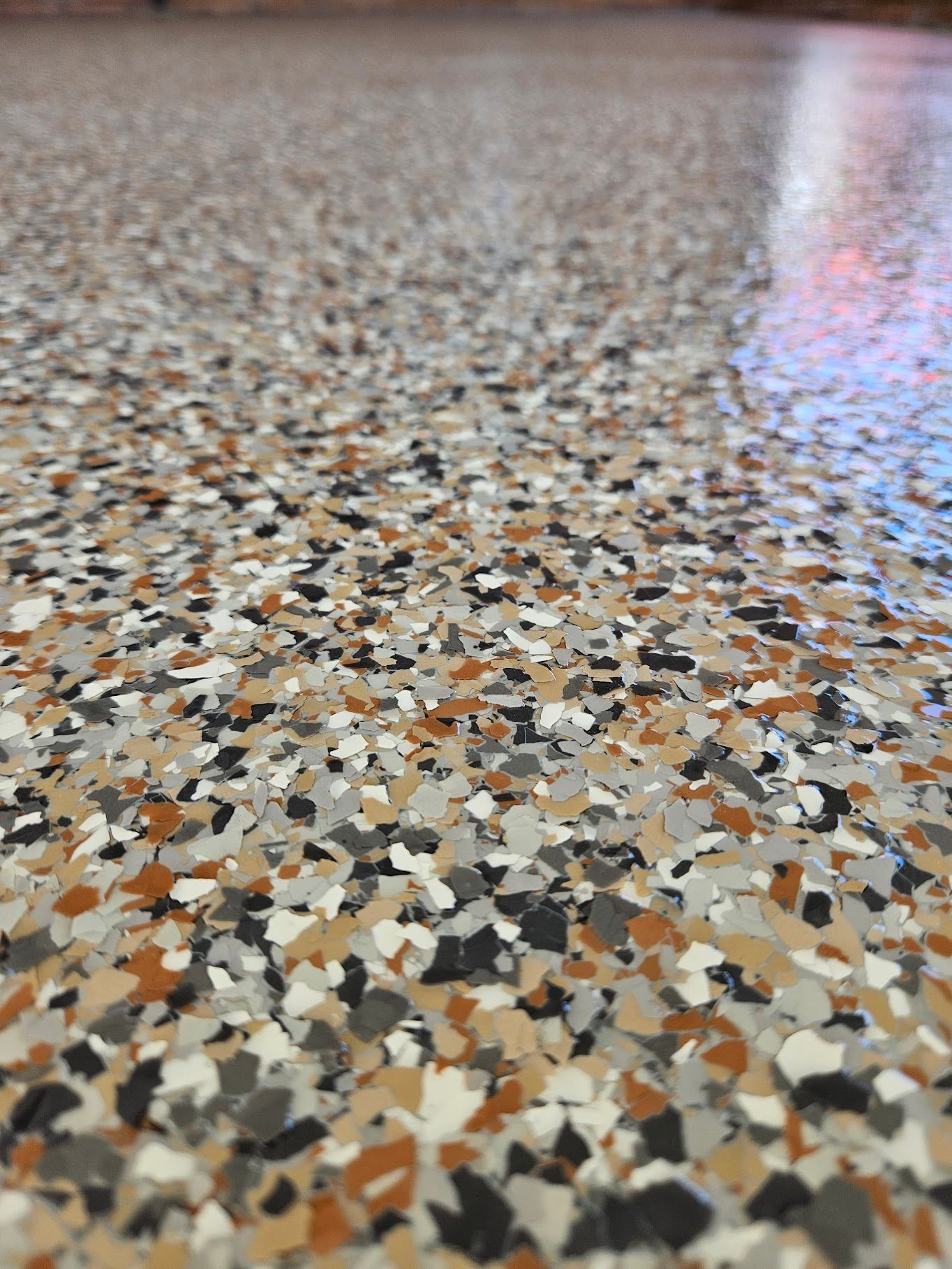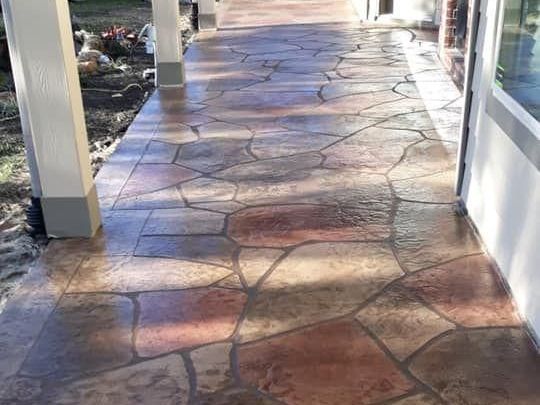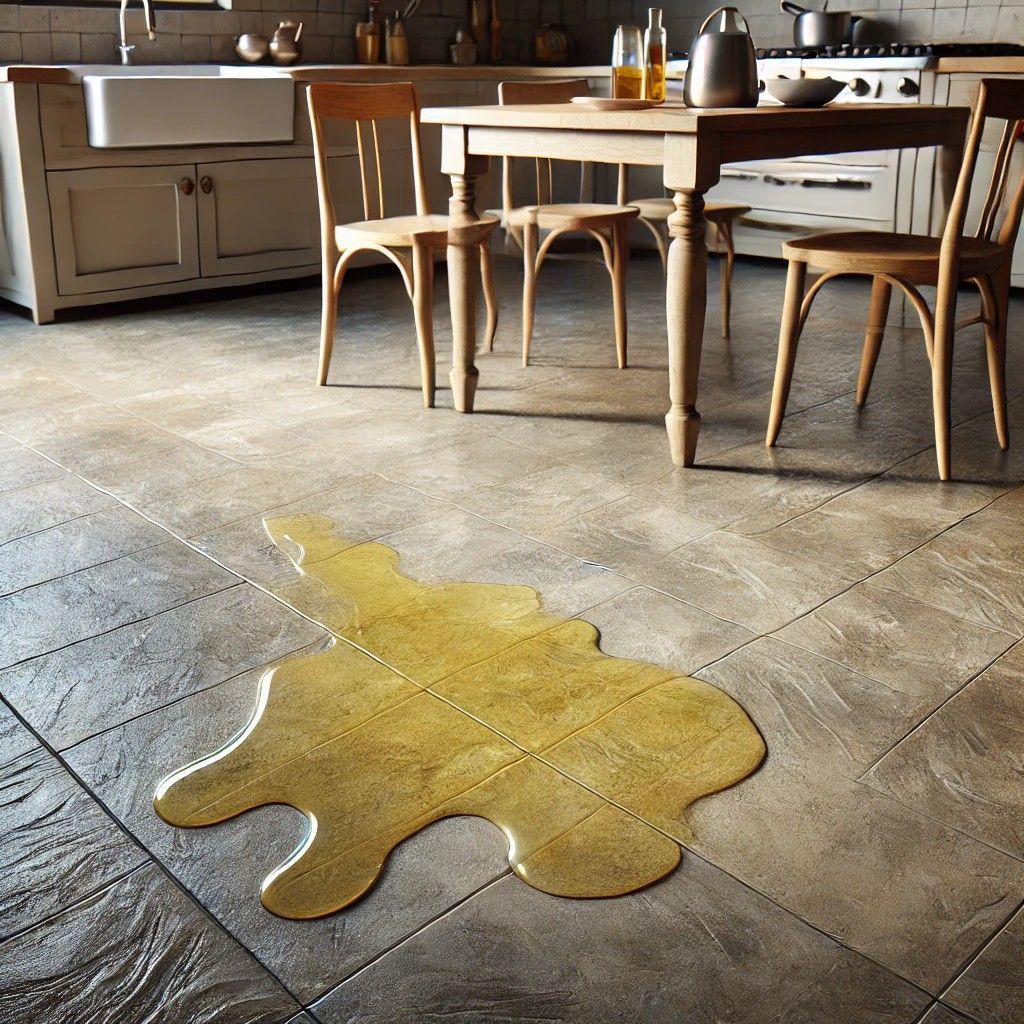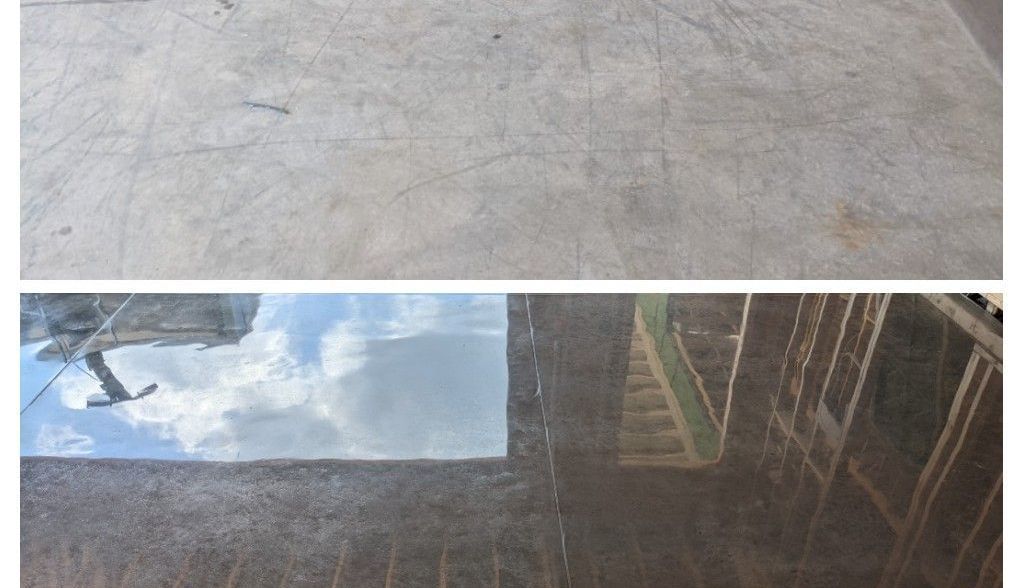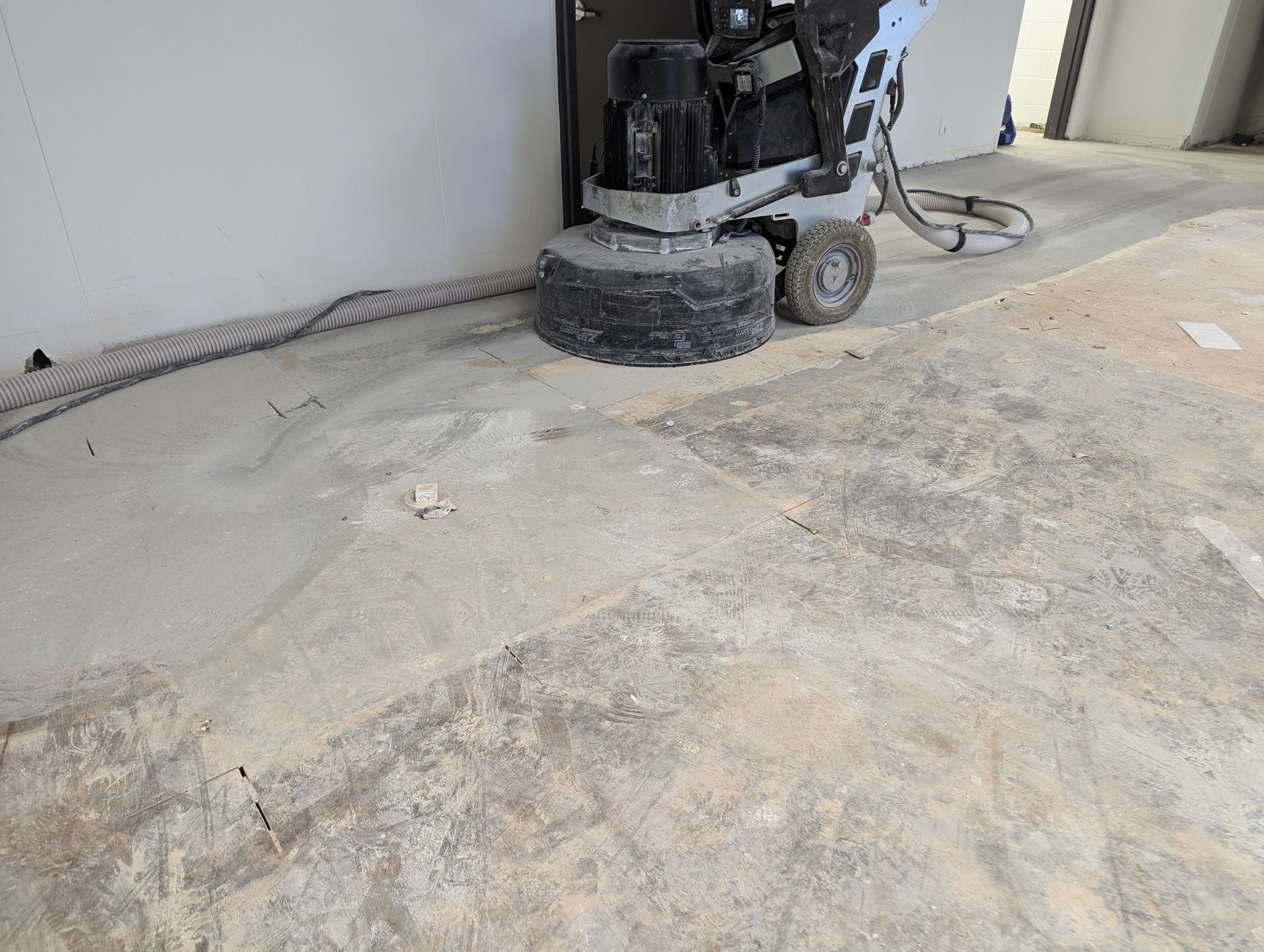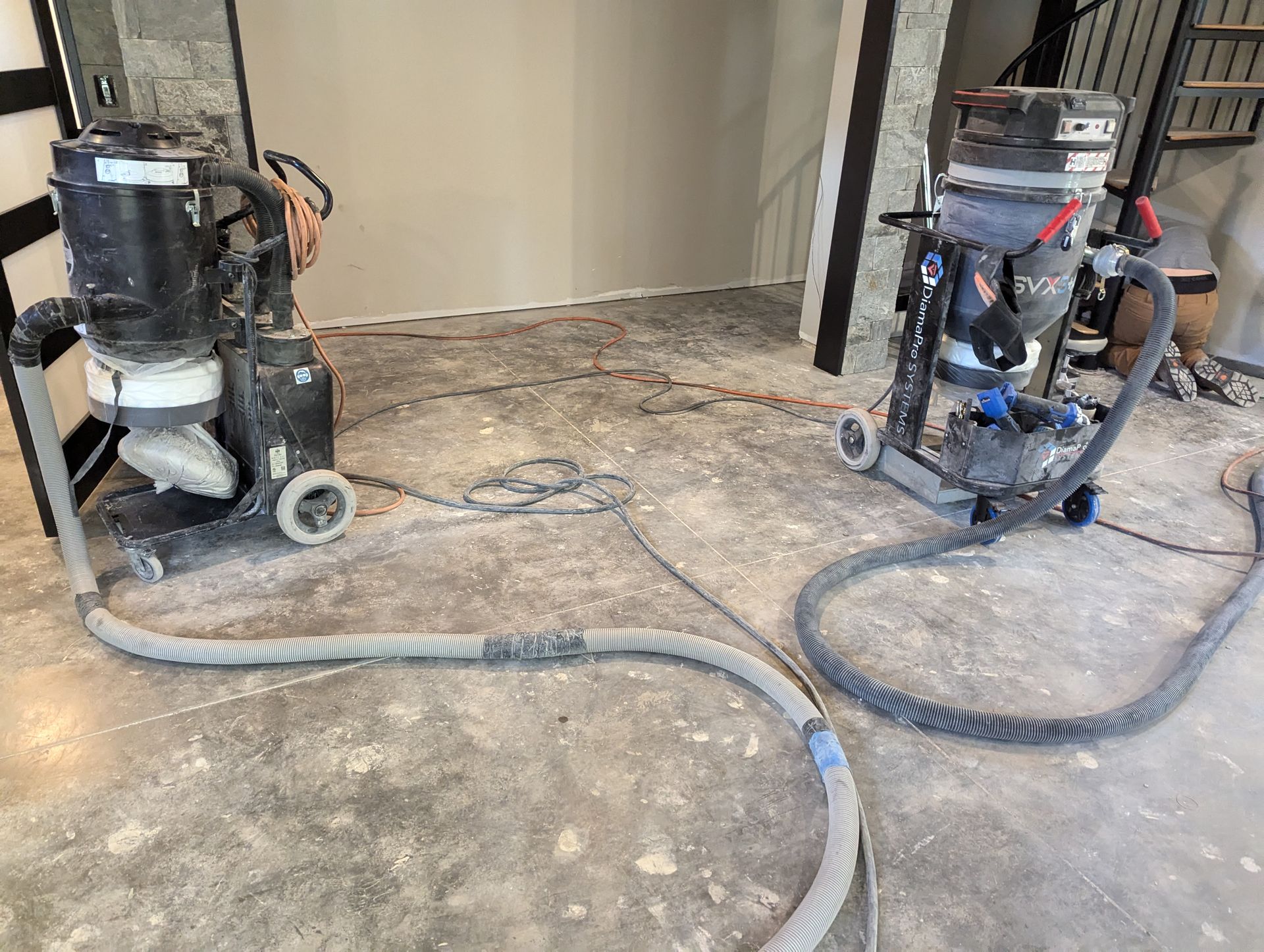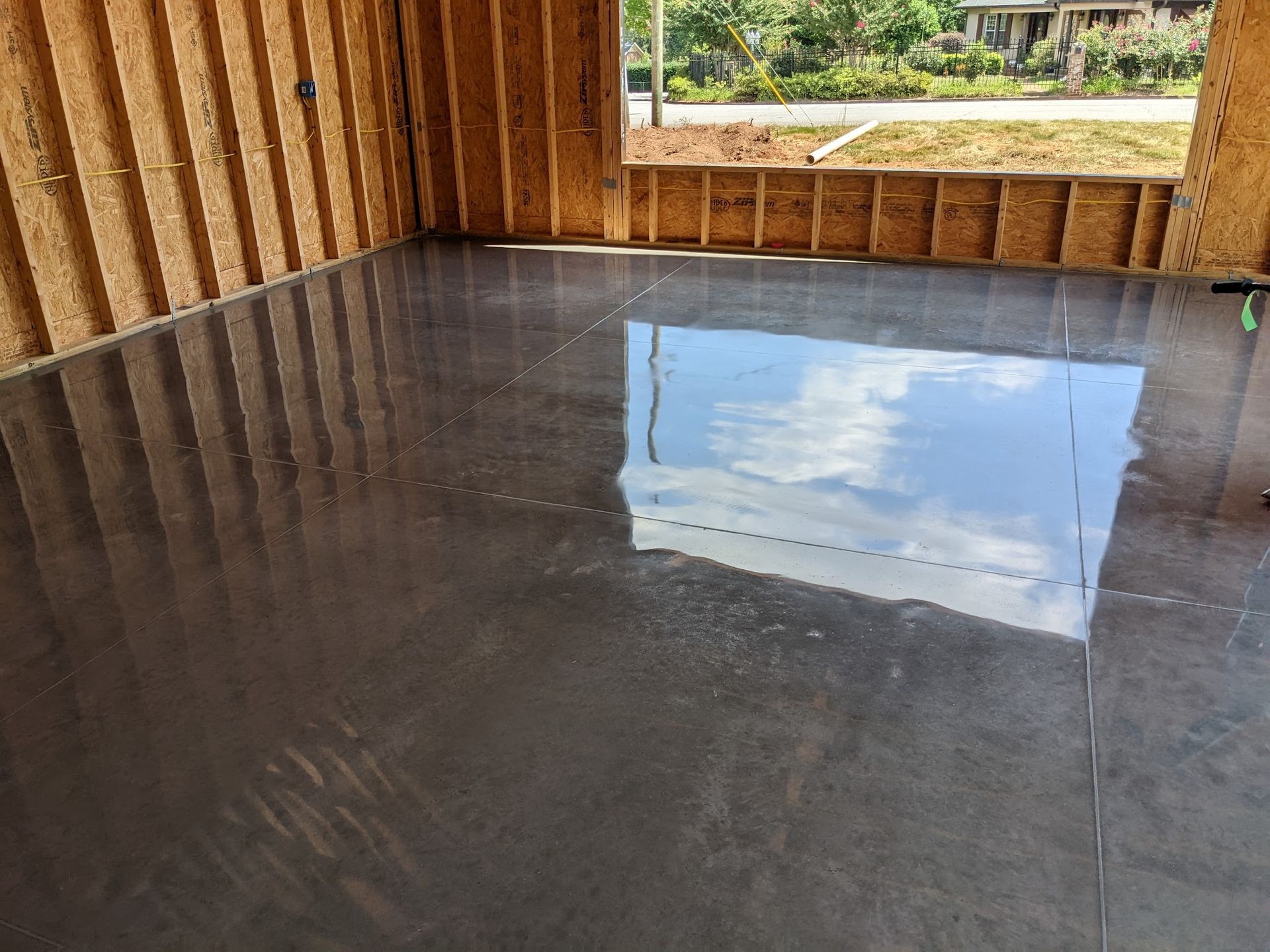Top 10 Myths About Epoxy and Concrete Coatings—Debunked!
When it comes to epoxy and concrete coatings, there's a lot of confusion out there. Maybe you've heard that a concrete slab with a coating won’t last, or perhaps you’ve been told it’s not worth the investment. Whether you’re running a warehouse, managing a construction project, or improving your residential or commercial floors, these myths can make you second-guess your decision. But the truth is, industrial floor coatings like polyurethane, polyurea, and epoxy are designed to improve durability, aesthetics, and productivity.
Let’s clear up the misconceptions, understand how industrial concrete floors work, and show you why coatings are a game-changer for your floors, whether in a factory, warehouse, or residential setting.
Myth 1: Coated Floors Don’t Last
Many believe that concrete floors with a coating are prone to wear and tear. However, the truth is that industrial floor coatings provide exceptional abrasion resistance and protect against chemical resistance issues. For example, a warehouse floor coating shields surfaces from forklift traffic, heavy equipment, and spills, extending the longevity of your concrete slab. When paired with proper maintenance and hygiene, a coated floor can last for decades.
Myth 2: Epoxy Coatings Are Toxic
While older formulations of epoxy might have emitted strong odors or contained harmful chemicals, modern epoxy coatings are often environmentally friendly. They meet LEED standards for sustainability and minimize harmful emissions. Whether in a machine shop, plant, or kitchen, epoxy’s chemical resistance and low VOCs ensure a safe application process. For high-traffic areas like industrial drive floors or food processing facilities, the non-toxic nature of epoxy ensures a safe, hygienic space.
Myth 3: Concrete Coatings Are Not Ideal for Decorative Space
Some think industrial floor coatings are only suitable for machine shops or factories, but they’re also great for decorative concrete in residential and commercial applications. Polished concrete and stained finishes bring out the beauty of concrete, whether in a kitchen, patio, or retail store. Products like acid stains, dyes, and pigments allow you to create vibrant colors and intricate designs, making your concrete floor both functional and stunning.
Myth 4: Coatings Are Slippery
This is a common concern, especially in areas with moisture or high humidity, like basements, cleanrooms, or manufacturing facilities. The truth? Non-slip additives can be included in concrete sealer applications, providing a safe, textured surface. For settings like aircraft hangars, automotive industry centers, or logistics warehouses, non-slip coatings reduce hazards without compromising adhesion or abrasion resistance.
Myth 5: Concrete Coatings Are Too Expensive
Budget-conscious customers often hesitate, assuming epoxy coatings and industrial concrete finishing are out of reach. However, coatings are a cost-effective solution when you consider durability, ease of maintenance, and reduced downtime. The ability to withstand abrasion, resist oil spills, and handle heavy equipment makes it a wise investment for aerospace, construction services, or residential concrete work. Plus, many companies offer free estimates, making it easy to plan your budget.
Myth 6: DIY Kits Work Just as Well
While DIY kits might seem like a quick fix for basements, driveways, or industrial spaces, they often lack the strength and adhesion of professionally applied industrial floor coatings. Without professional tools like a power trowel, vacuum collector, or diamond blade, achieving proper surface finish and concrete sealer application can be challenging. For large-scale construction projects, trust professionals to deliver durable results.
Myth 7: Coatings Are Only for Concrete
Although epoxy and polyurethane are often associated with concrete, they’re versatile enough for other surfaces. For example, coatings can be applied to wood, steel, or even tile floors. In factories, furniture warehouses, or food processing plants, coatings protect surfaces from chemical reactions, stains, and damage caused by foot traffic or machinery.
Myth 8: Concrete Coatings Don’t Improve Productivity
Some believe coatings are purely aesthetic, but they directly enhance productivity. Coatings make maintenance easy, ensuring quick clean-ups in warehouses and manufacturing plants. For example, the adhesion properties of epoxy coatings allow for seamless integration with vapor barriers or anti-static finishes, creating ideal conditions for construction services or aerospace applications.
Myth 9: Coatings Can’t Withstand Heat or Cold
Extreme climates can take a toll on untreated concrete floors, leading to cracks or wear. However, specialized coatings like polyurea or polyurethane are designed to handle temperature fluctuations. In Dallas, Denver, or Virginia, where heat, humidity, or snow are common, coatings ensure consistent durability and prevent damage to reinforced concrete with rebar.
Myth 10: Coated Floors Are Difficult to Maintain
Maintaining coated floors is easier than most people think. Routine cleaning with a vacuum cleaner or broom can remove dust and debris. For tougher stains, products like concrete sealers or abrasive pads work wonders. Whether you’re managing a warehouse or sprucing up a patio, proper care ensures long-lasting performance.
Benefits of Epoxy and Concrete Coatings
- Durability: Coatings protect against abrasion, chemical spills, and moisture, ensuring long-lasting floors in factories or construction sites.
- Aesthetics: Enhance the color, design, and surface finish of concrete floors, making them ideal for decorative concrete projects.
- Hygiene: Coated surfaces resist mold, bacteria, and grease, ensuring cleanliness in food processing plants and basements.
- Efficiency: Reduce downtime during maintenance or repairs in industrial concrete settings like hangars or machine shops.
- Sustainability: Many coatings meet LEED standards and use eco-friendly materials.
Conclusion
Don’t let myths keep you from choosing the best solution for your concrete floors. Whether you’re managing a construction project in Spartanburg, SC, industrial floor coatings offer unmatched value engineering and durability. Contact
Blastek Concrete Designs to request a quote and get started today!
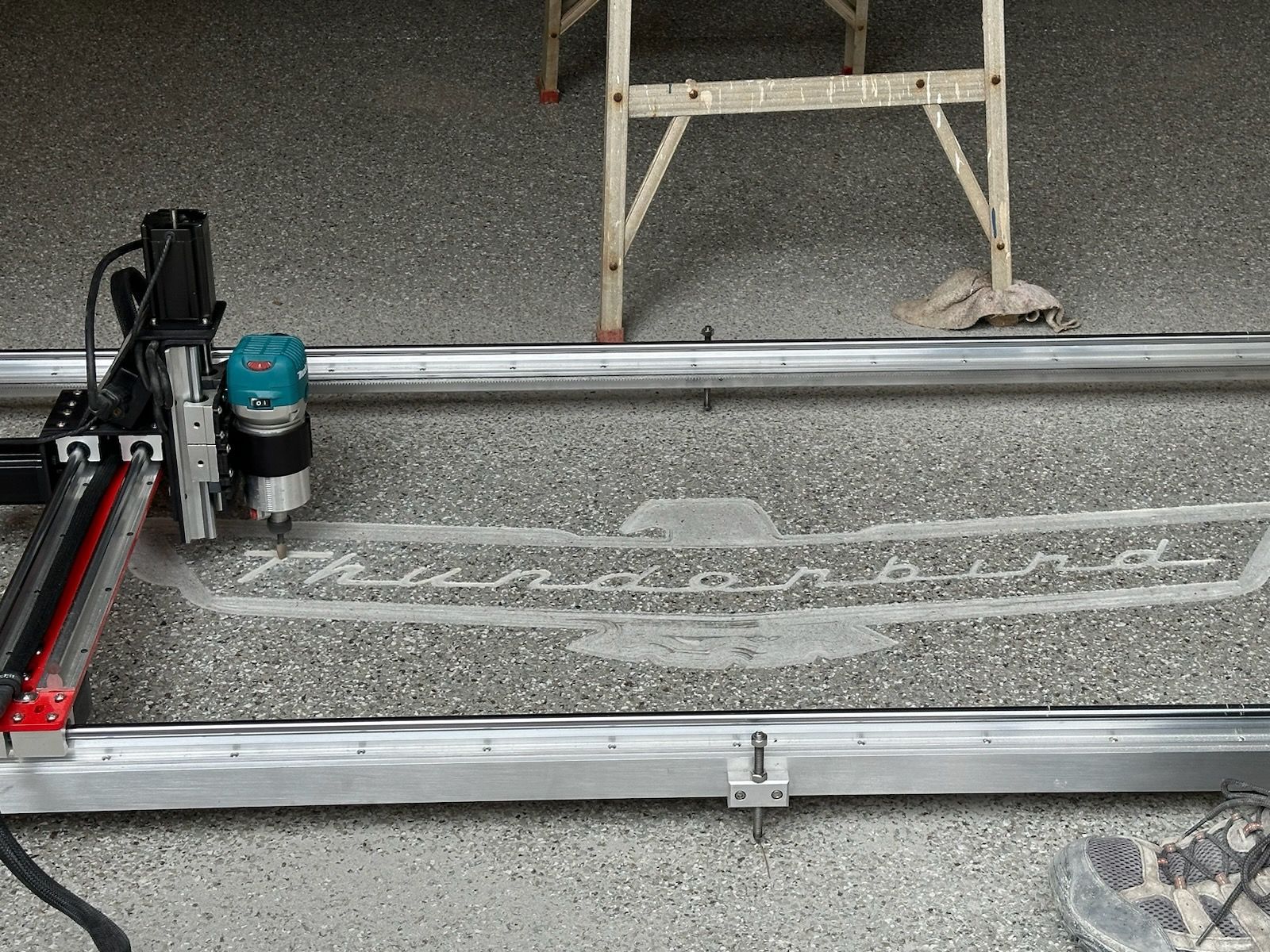
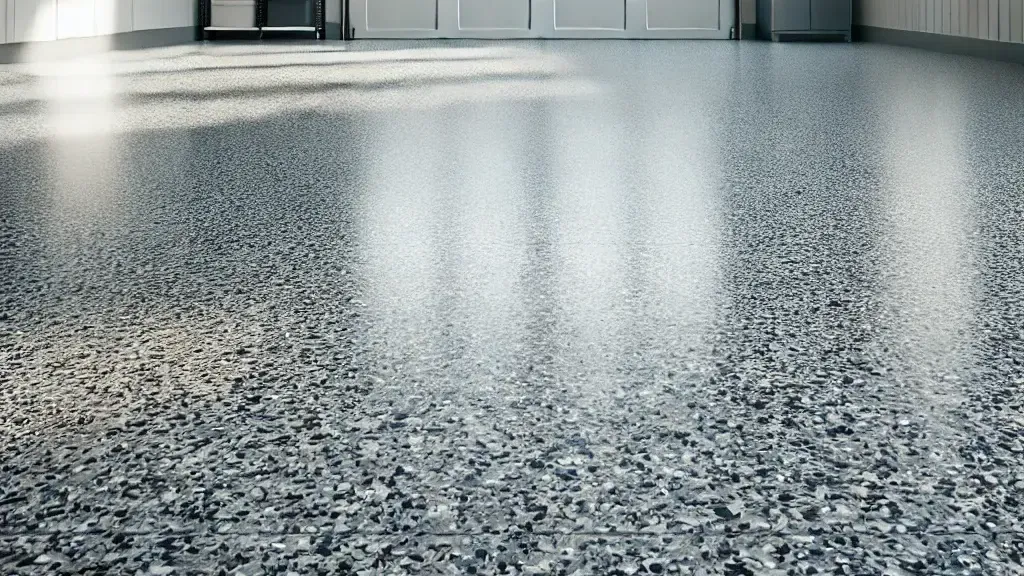
Want to learn more? Check out our BLOG
SERVICE AREA
- South Carolina
- Georgia
- Tennessee
- North Carolina
- Spartanburg, SC
- Upstate, SC
Blastek Concrete Designs | Design by: Quantum Hawk

